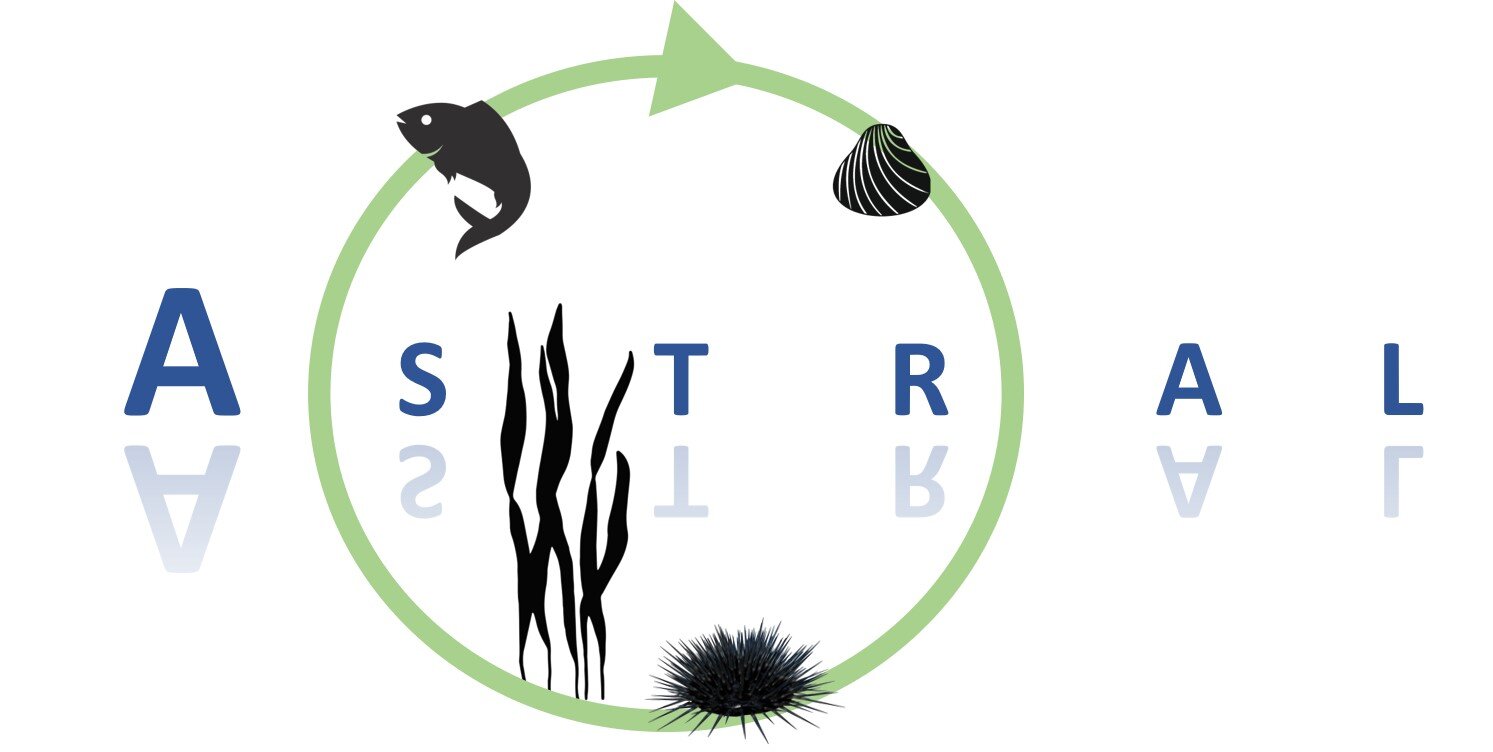ASTRAL Aims for Effective Engagement
Meaningful and inclusive engagement is a key aspect of the ASTRAL project. But why does this matter and how does it benefit all, from science to stakeholders?
To begin with, it is important to understand what constitutes ‘stakeholders.’ Stakeholders are any groups or individuals who may be affected by a decision, policy or development regarding a space or resource they are connected to. They include businesses, communities, NGOs, investors, customers, visitors, politicians and interest groups. This is a diverse array of people and engagement is key to understanding the varying opinions and the links and tensions between groups.
Effective public engagement is a two-way deliberative process where evidence from stakeholders contributes to research, policymaking or development plans, where dialogue facilitates decision-making, and where findings are communicated to interested parties. Effective engagement starts early, follows a strategic approach and is ongoing. It involves a commitment to incorporating stakeholder needs and reaching shared decisions. This is markedly removed from a one-off consultation after the plans have been developed. So, why embark on such an engagement programme?
From the researcher’s perspective, effective stakeholder engagement generates a lot of useful information. It is helpful in identifying and prioritising research questions, which leads to more relevant research and greater social impact. It also encourages stakeholder and public interest in their work and provides a platform for dissemination.
From the policymaker’s perspective, effective engagement leads to better policies, more suited to the area and people they affect, and better refined. Deliberative processes mean incorporating and, crucially, balancing different perspectives. Stakeholder participation in the policy-making process builds trust in the system and enhances support for necessary measures through dialogue between stakeholders and policymakers leading to the understanding of different viewpoints.
From the developer’s perspective, effective engagement strengthens their relationship with stakeholders. This builds trust with them and provides the opportunity to address any falsehoods that may perpetuate surrounding news of the development plans and reflect on any concerns that stakeholders may be harbouring. This may include unforeseen risks that were previously overlooked. Furthermore, working with stakeholders encourages their investment in the project, leading to a higher level of support, thus facilitating the necessary social licence to operate. As effective engagement starts early, it can even save money by incorporating stakeholder views into plans at an early stage, saving having to make costly changes later on if reliant on a consultation exercise further down the line.
Importantly, effective engagement benefits the stakeholders themselves. It empowers people by connecting them to the decision-making process and providing the opportunity for their voices to be heard. It contributes to the long-term sustainability of their surroundings, industry or interests, and increases the chance of success in any new venture affecting them.
Stakeholder engagement in the past may have been treated as a formality and presented as a public consultation exercise, but attitudes are changing. Given the significant benefits to all parties, it is clear that it is worth investing time and resources in a comprehensive, inclusive and deliberative engagement strategy. In some cases, stakeholder engagement can even be critical to the success or failure of a development or policy. This is why it is a key cornerstone of ASTRAL, and we will be reporting from our series of stakeholder workshops in future newsletters.
Author: Laura Ferguson, PDRA Marine Social Science at the Scottish Association for Marine Science

